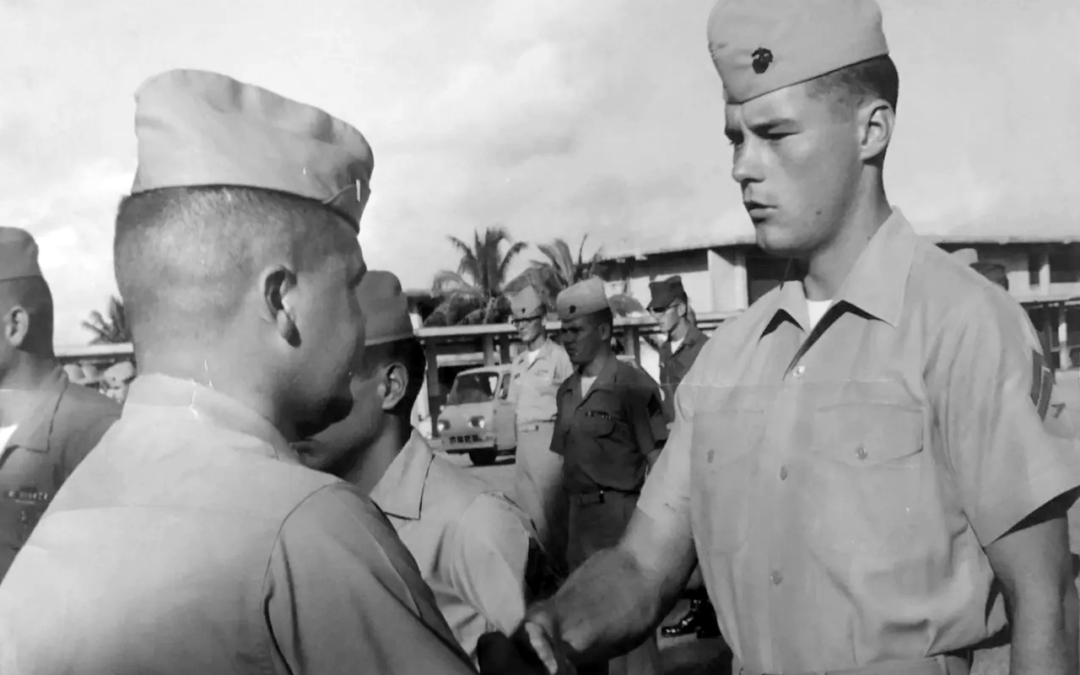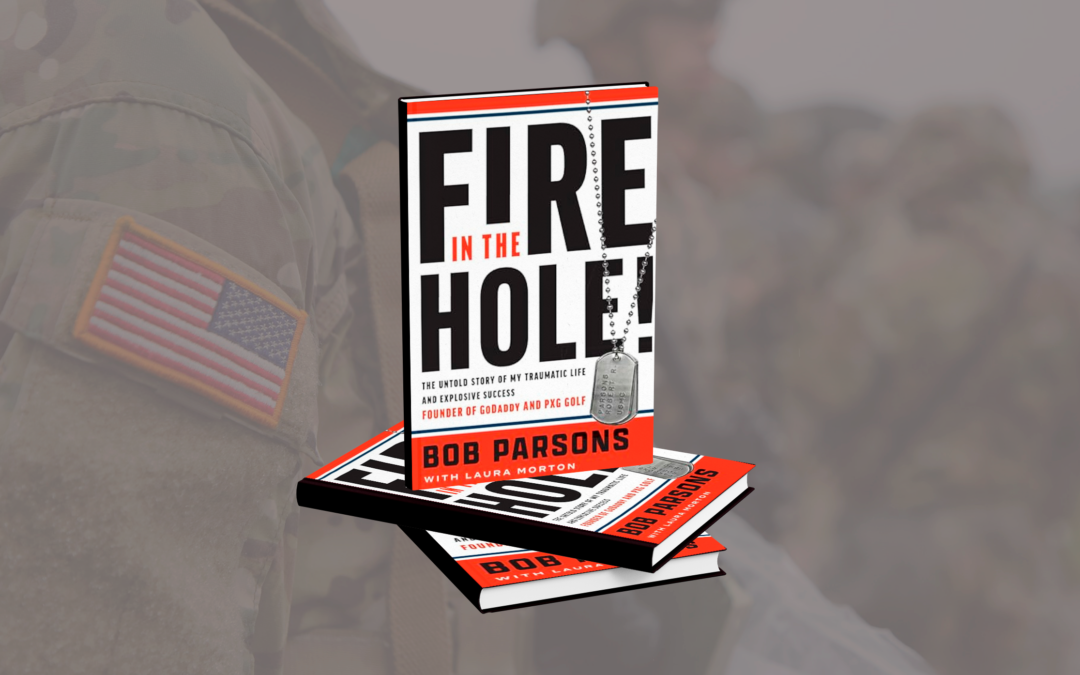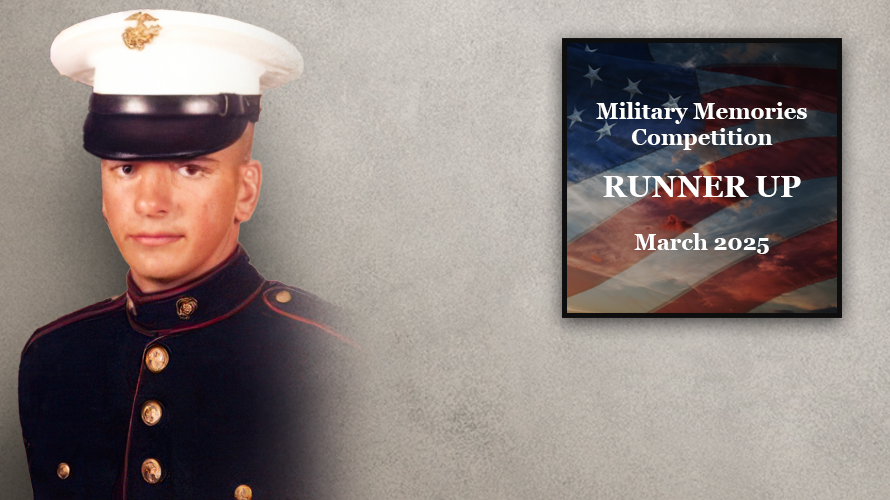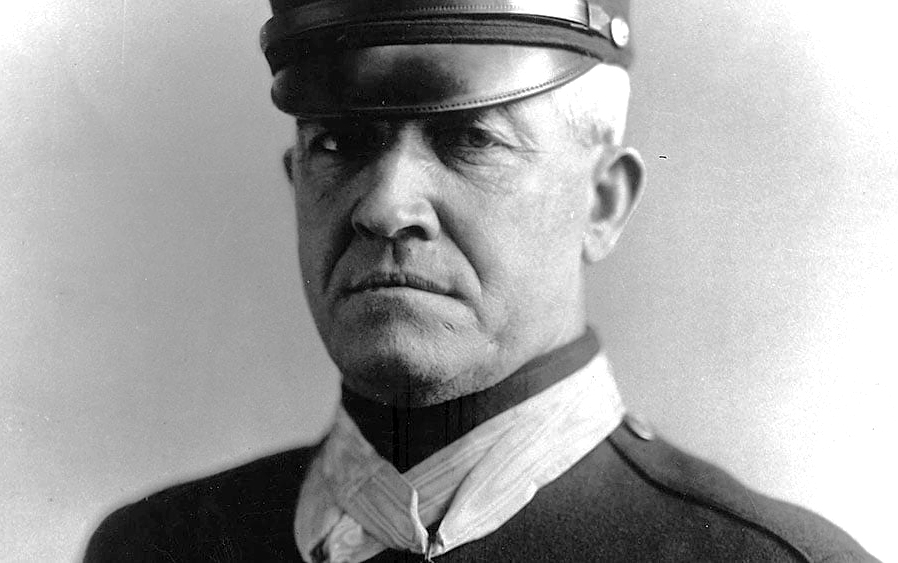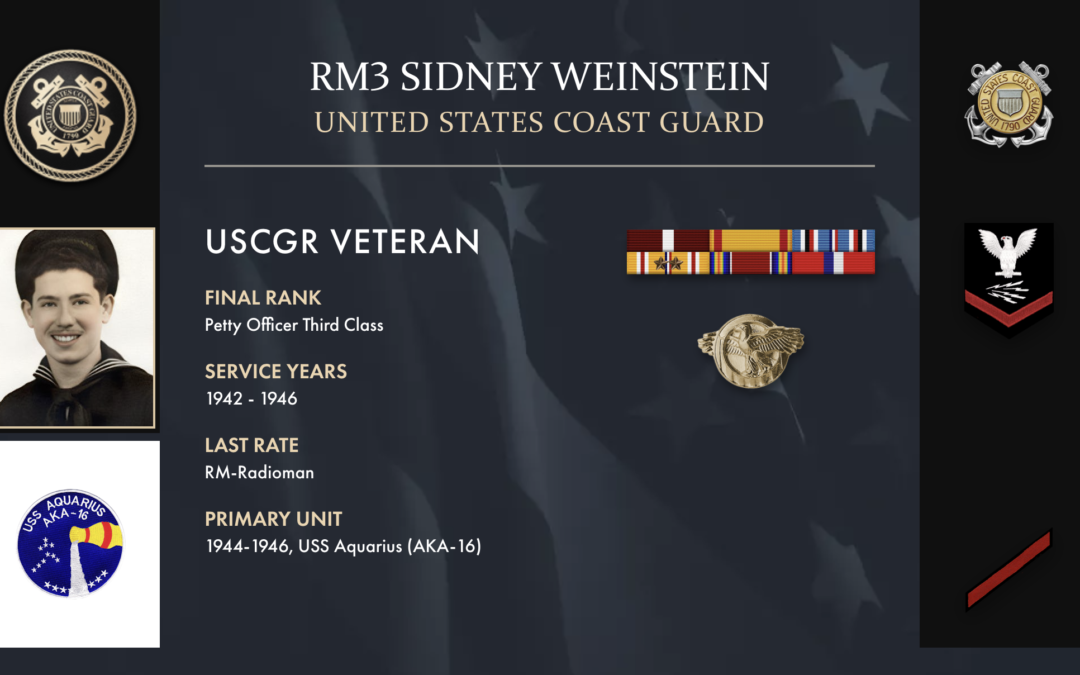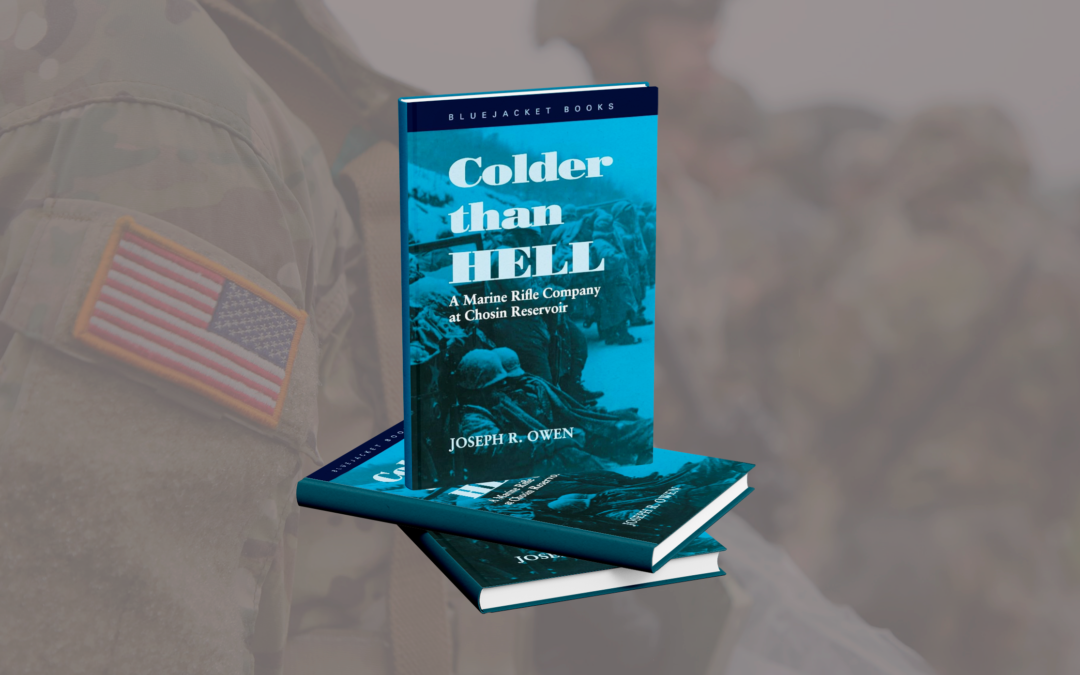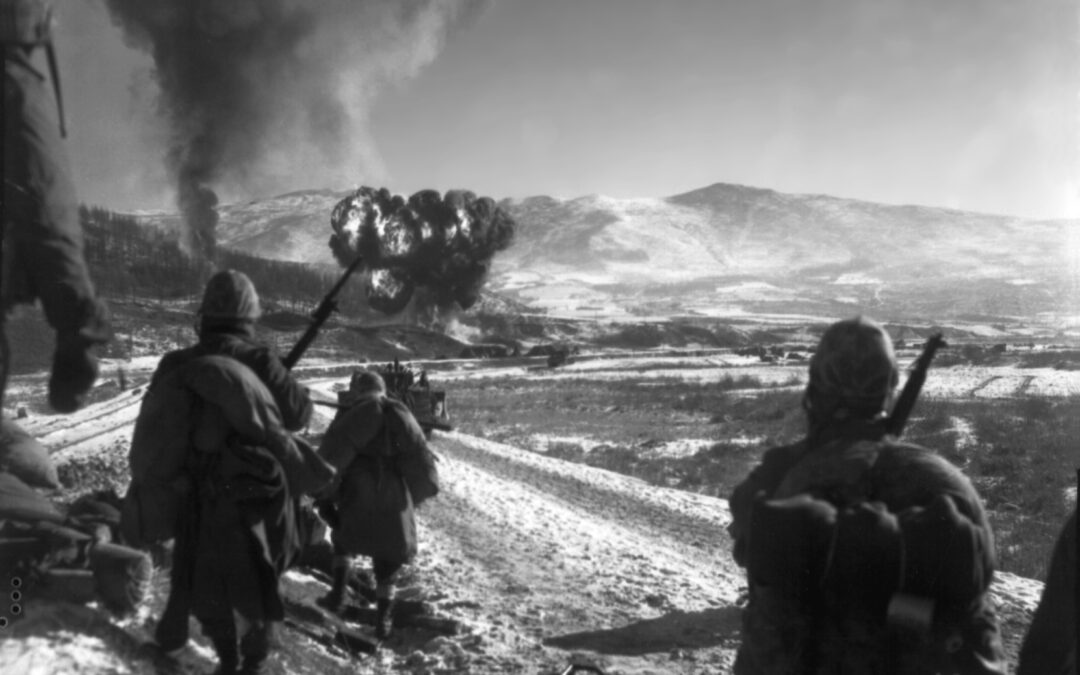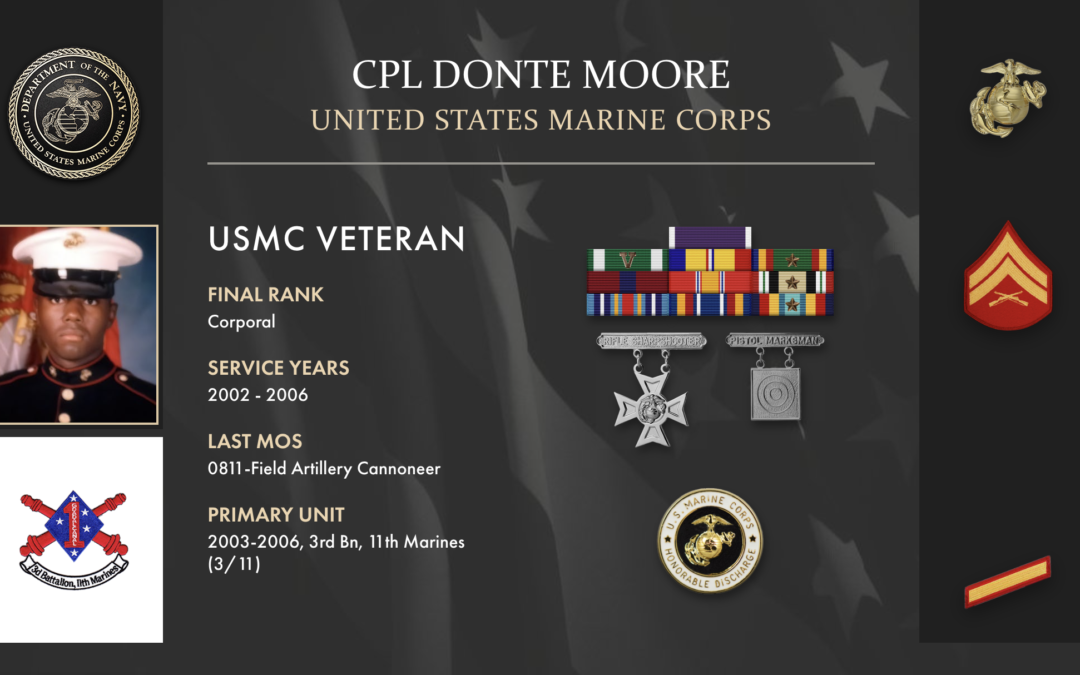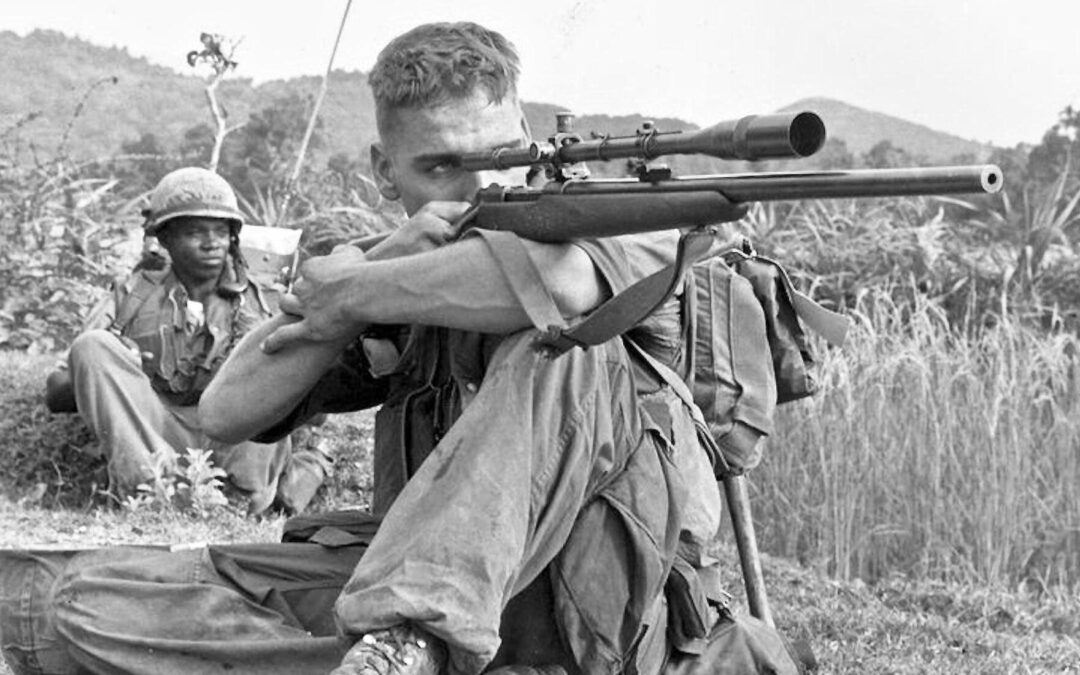My dad, who had served in the Army’s 100th Infantry as part of a mortar crew, serving in the southwestern region of Germany in 1944-45, suggested that if I had to go (I had received my draft notice in the fall of 1966), then anything would be better than the Army. His reasoning was that it was better to die in a clean bunk than a dirt foxhole. Upon my return from my initial medical screening at Fort Knox, I knocked on the door of the only recruiter in town —the Navy.


